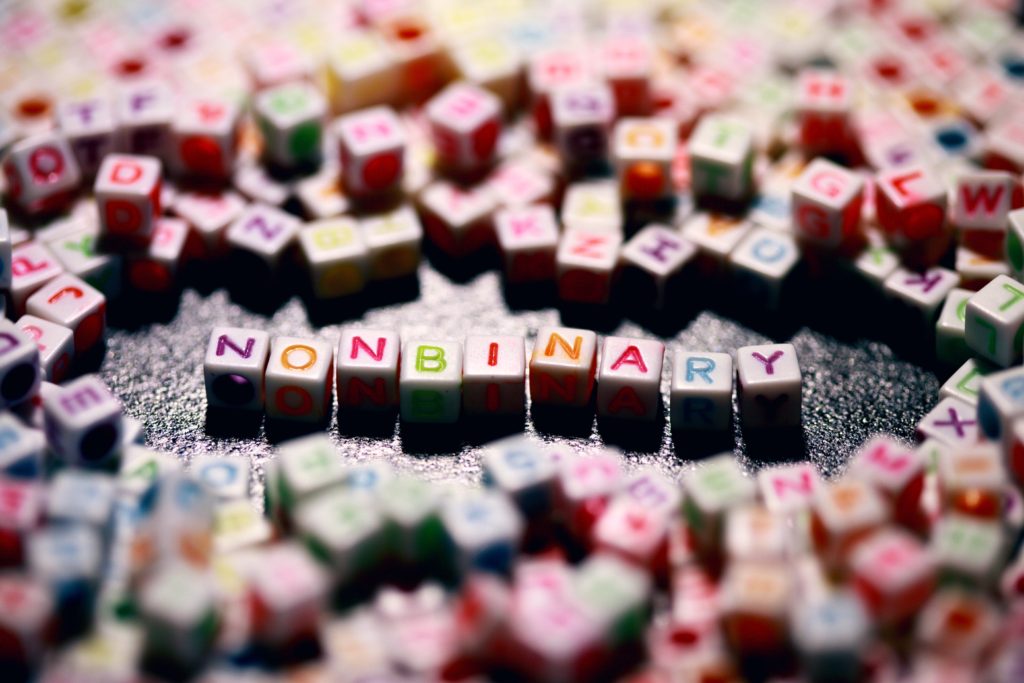
By Emerson Harman
My name is Emerson Harman, I’m 17 years old, and I am non-binary. Non-binary as a gender identity is difficult to define, as it means something different to everyone who labels themselves that way. For me, however, being non-binary means that I don’t feel as though I am strictly any specific gender, but rather as a fluid mix between male and gender-neutral.
In my experience, people are often less informed about non-binary identities and struggles, relatively speaking, especially when confronted with pronouns and salutations. I use singular they/them pronouns, and I have found that although many people initially struggle to use them correctly, after a little practice and a little guidance, it becomes second nature.
As a teenager who began socially transitioning during high school, I have a unique perspective on identifying as non-binary. There are many questions that either I have been asked by students and staff or are ones that other cisgender people are likely to have, and I want to go through a few of those based on my experience:
Q: If I am unsure, can I ask what pronouns someone uses?
A: For me, yes, I would much rather someone ask what pronouns I use than assume which I prefer, but not all people feel the same way. I would recommend listening to what pronouns they use for themselves or what their peers use for that person. If you are still unsure and don’t want to be wrong, don’t ask when around other people; keep it private!
Q: Wait, so does this mean they’re gay?
A: Nope! Gender identity and sexuality are two completely separate parts of an identity. Non-binary people can consider themselves straight, gay, bisexual, asexual, or any other romantic and sexual preference! And if you’re wondering about this, I would suggest not asking. It is a personal topic, and if they want you to know, they will tell you!
Q: What bathroom do non-binary people use?
A: You can probably sense a theme starting: it’s different for everyone! A common misconception is that it’s “creepy” for a transgender or non-binary person to use public bathrooms that coincide with their affirmed gender, but in reality, everyone just needs to pee. Some people may prefer the female bathroom, some the male, and if there’s a gender-neutral option, that is often used instead. If you see someone that you don’t think is in the right bathroom, don’t say anything! They are probably far more nervous than you, and just want to be able to go to the bathroom in peace.
To other non-binary people, young or old, who are just starting to question their identity or who are in the process of coming out, know that it’s okay not to have a label on your identity! It’s also normal to try out different identities, pronouns, names, and anything else, or even change everything after you have come out (I did!).
To people who are unsure of how to support non-binary people, just know that you don’t have to understand what it means for someone to be non-binary to be able to respect them! Also, the best way to understand is to talk to them and really listen to their story, if they’re comfortable sharing it. Perhaps most importantly, though, is to show support by making an effort to use their chosen name and pronouns, showing them that you respect who they are as a person.
